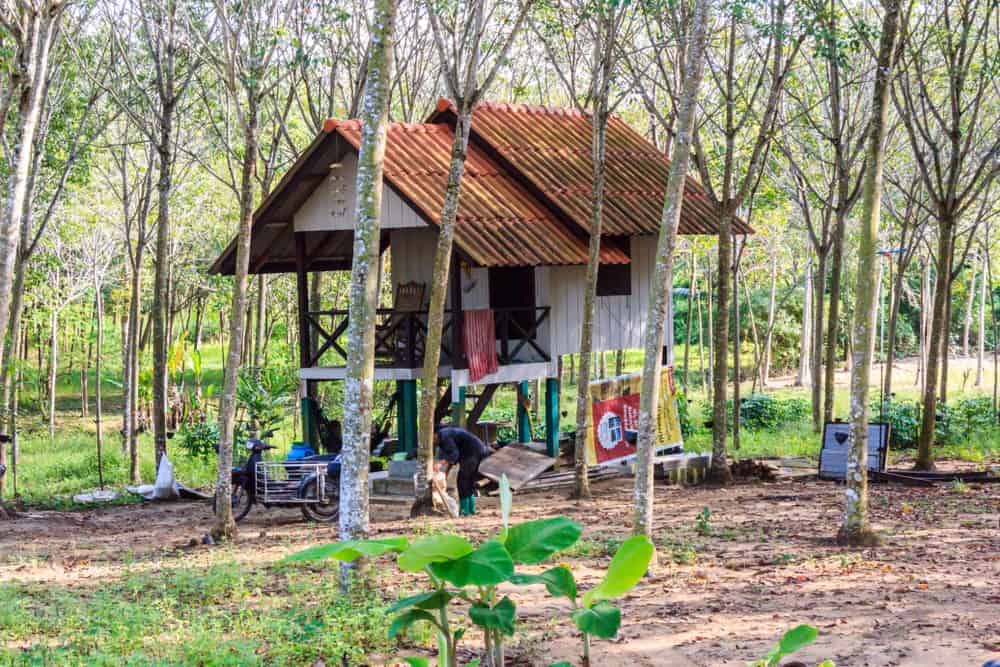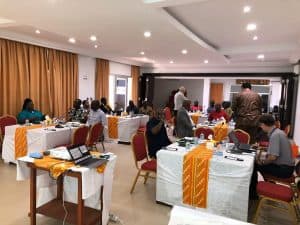Many are calling these “unprecedented times”, and undeniably so. The COVID-19 pandemic has brought the world many firsts – from the closing of international borders to country-wide lockdowns and quarantines, and extreme social distancing measures applied to everyday activities such as exercising and grocery shopping. In this sense, many of the impacts of COVID-19 have been unprecedented.
‘Unprecedented’, however, does not necessarily translate into ‘unexpected’. This is especially true for a significant link of the natural rubber value chain: the millions of smallholders and farm workers that supply the world with around 85% of its natural rubber. These smallholders, seasonal workers and their families are some of the most vulnerable people within the natural rubber sector, living in poverty and without adequate access to social services. Poor diversification of farmers’ incomes means that farmers are solely dependent on tapping rubber trees to make a living. When a pandemic occurs and global demand for natural rubber falls, it comes as no surprise that smallholders are the hardest hit.
The Equity sub-Working Group was formed to look into the issue of equity in the natural rubber value chain and to define what GPSNR’s role will be in promoting equity along the supply chain. It is chaired by Robert Meyer (Halcyon Agri) and co-chaired by Hendrike Braun-Issa (GIZ). The sub-Group has, in its first few calls, recognized the importance of addressing the impact that COVID-19 has on the supply chain, in particular the natural rubber smallholders. In view of this, discussions have been centered around producing a set of short-term recommendations to counter the impact of the COVID-19 crisis. These recommendations are particularly aimed at supporting small-scale natural rubber farmers and their families.
The International Rubber Study Group (IRSG), represented by Secretary-General Salvatore Pinizzotto, is also participating in the sub-Group discussions to provide advice in the area of cooperation with Governments.
Along with the short-term recommendations, the sub-Group is also looking at long-term efforts to address the underlying systemic issues, and are carrying out a study to inform the Platform on the subjects of Living Wage and Living Income.
Improving the capacity and livelihoods of smallholders is just one of the strategies undertaken by GPSNR. It is equally important for the other players in the industry to advance GPSNR’s vision of a sustainable natural rubber value chain. The Policy Toolbox Working Group continues to finalize the proposed member policy requirements and reporting requirements, with consultation from all member categories. Meanwhile, the Traceability and Transparency Working Group is focused on acquiring a better understanding of tools to achieve greater traceability and transparency within supply chains. Both groups will be aligning on key issues such as supply chain risk assessment.





